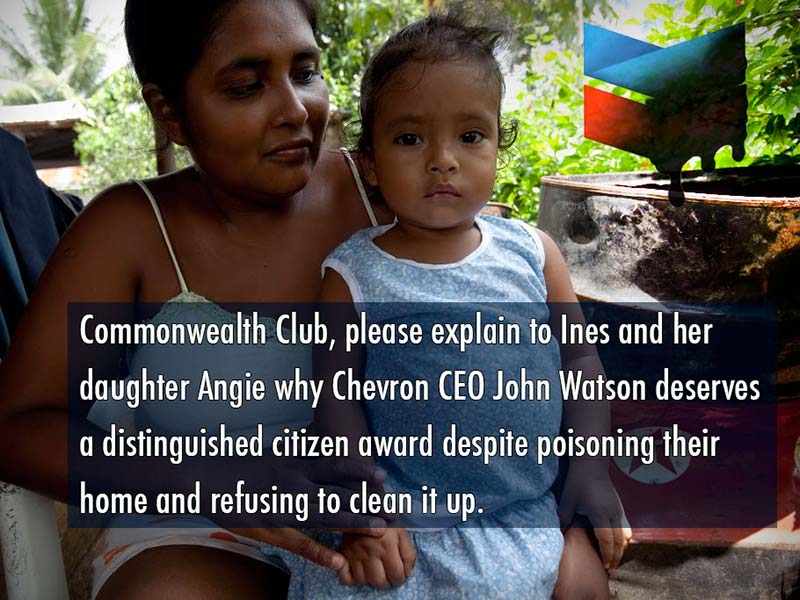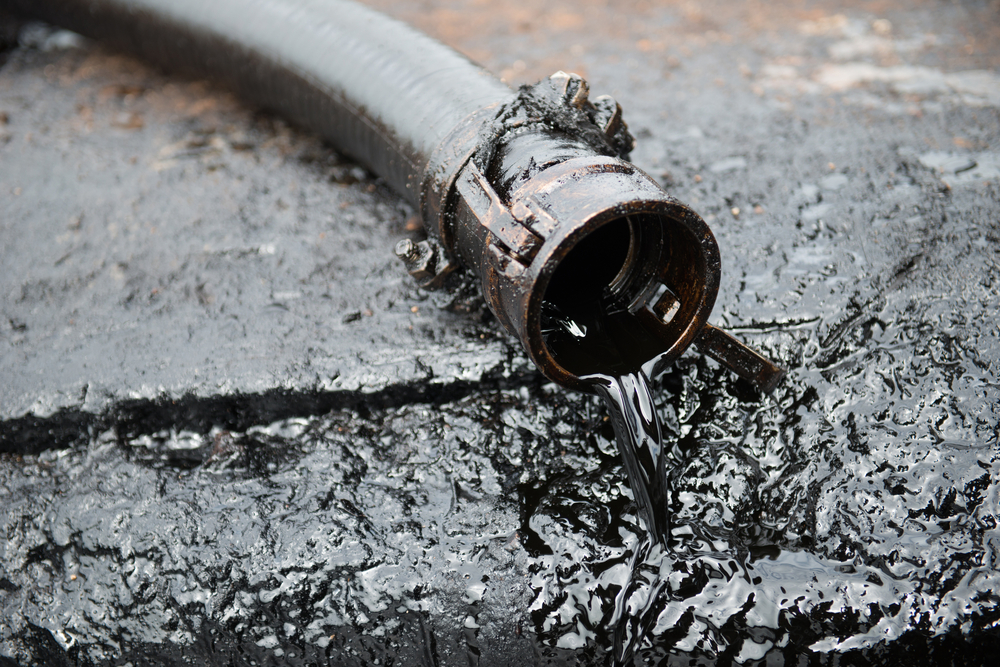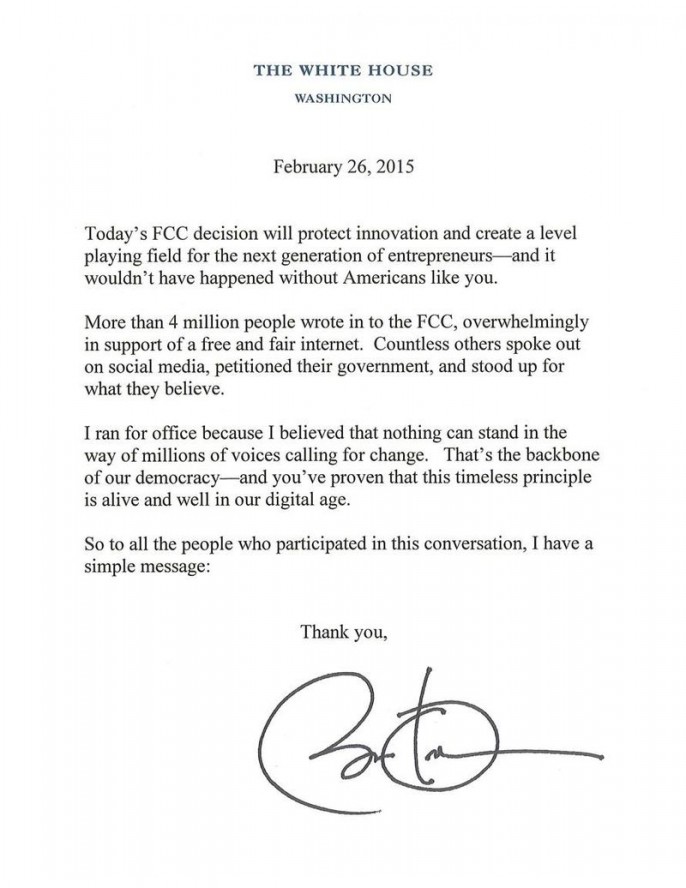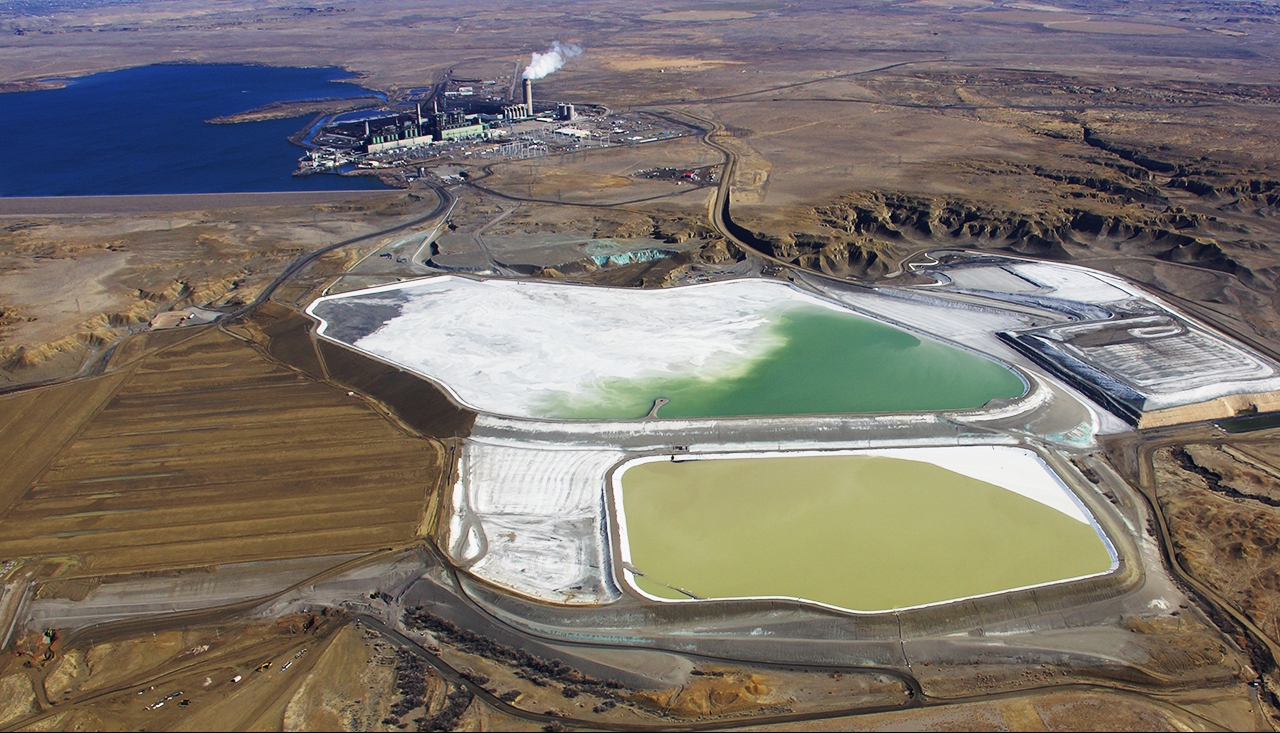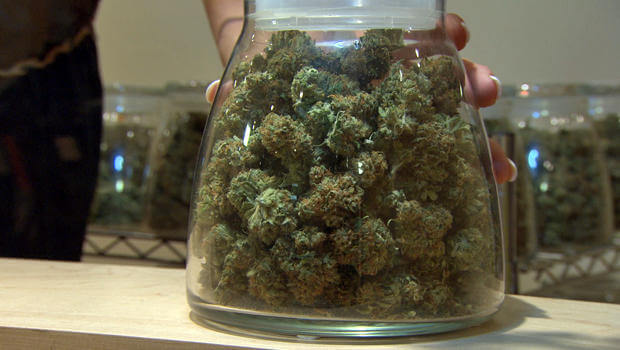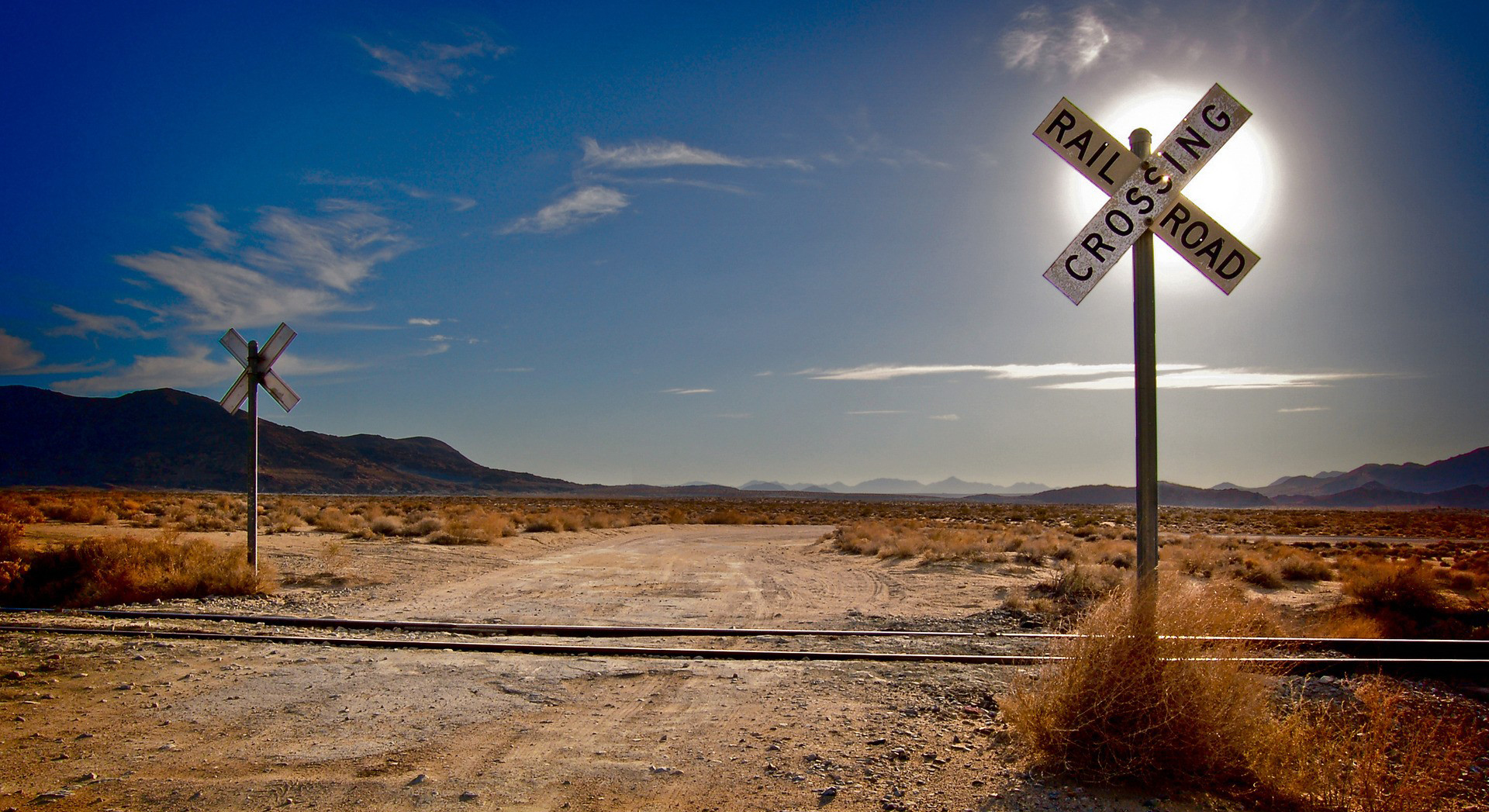On Thursday, the Senate Energy Committee convened a hearing to discuss the U.S. ban on crude oil exports, which has been in place since 1973. With the United States in the midst of an oil boom – and with Americans using less gas than ever before – lifting the ban would have profound implications both at home and abroad, issues that dominated the panelists’ testimony and committee’s questions.
“The national security side will be an extremely important part of this going forward,” Chairwoman Sen. Lisa Murkowski (R-AK), said during the hearing. “We all recognize that the world is a very, very volatile place right now.”
Lifting the export ban, several panelists argued, would allow the United States to leverage more power over potential oil sanctions by assuring that the international market would remain stable. It would also, panelists said, move the center of the international oil market away from unstable countries – both Russia and Iran merited a mention – stabilizing the overall supply.
Domestically, Carlos Pascual, fellow at the Center on Global Energy Policy at Columbia University, argued that lifting the export ban would lower gas prices and boost the U.S. economy. “The critical focus on the part of Americans is price,” Pascual said. “Every single study that has been done by a major institution has come to the same conclusion: lifting the export ban will reduce the price of gasoline in the United States,” while adding $38.1 billion to the U.S. GDP by 2020.
In all these calculations, however, there was one glaring omission: no panelist – or senator – talked about how lifting the export ban would impact the environment.
“It feels ridiculous to have a discussion about lifting the ban on oil exports and not talk about climate change,” Karthik Ganapathy, U.S. communications director at 350.org, told ThinkProgress. “What it boils down to is lifting the ban encourages and incentivizes oil production in the U.S. and that’s the wrong direction.”
Lifting the crude oil export ban would increase demand for oil in the international market, which would incentivize U.S. oil companies to expand their businesses and explore new options for drilling. Most likely, that would mean the extraction of tight oil reserves – the kind of petroleum extracted from shale or sandstone through hydraulic fracking.
“Our concern is that we need to be moving away from oil,” said David Turnbull, campaigns director at Oil Change International. “We need to be not relaxing U.S. oil regulations in the context of the climate crisis.”
Here are three issues surrounding crude oil exports that weren’t mentioned in Thursday’s Senate hearing.
Greenhouse Gas Emissions
“The industry wants to lift the ban so they can increase production and have a bigger market to send their oil around,” Turnbull said. “The logical conclusion to that is that they would be ramping up production, and that has a clear climate impact.”
According to the International Energy Agency (IEA), one-third of the world’s fossil fuel reserves – including coal, oil, and natural gas – need to remain in the ground to have a 50-50 shot at staying beneath the 2° Celsius warming limit internationally agreed upon by 141 countries in the Copenhagen Accord (a limit that, by some estimates, doesn’t go far enough in protecting us from the negative effects of climate change). To raise that chance to 80 percent, only one-tenth of current fossil fuel reserves can be extracted and burned by 2050. Working under those incredibly tight parameters, a huge amount of America’s natural gas needs to remain in the Earth for the 2°C goal to be feasible.
Lifting the crude oil export ban would encourage producers to flood the market with even more crude oil, stimulating the burning of a fuel that needs to stay in the ground if the 2°C goal has any chance of being a reality. As Oil Change International warned in a 2013 report, “Without an effective international regime to keep global greenhouse gas emissions below recognized thresholds, deregulating U.S. crude oil exports can only exacerbate the impending climate crisis.”

CREDIT: Josh Burstein / NextGen Climate Action
In addition to encouraging the extraction of tight oil, lifting the export ban could increase the amount of heavy crudes – like tar sands – brought into the U.S. for refining.
“Before we had this new boom of the lighter, desirable crude, [the U.S. oil industries] built a number of refineries that are specialized in getting usable product out of heavier crude,” Janet Larsen, director of research at Earth Policy Institute, told ThinkProgress. “If we can export the lighter stuff, we may end up … sending it to places that can refine it better, and using the refineries we have to process the heavier stuff.”
That, Larsen explains, would be tantamount to an double-whammy, increasing the production of both light crude and heavier, more greenhouse gas-intensive heavy crude.
Water Concerns
If deregulating crude oil exports encourages U.S. producers to ramp up extraction of tight oil, leading to an increase in fracking, the country’s already dwindling water supply could also be on the line.
Fracking is a water-intensive process, requiring millions of gallons of water to drill a single well. In places like California, which is in the midst of a historic drought, fracking would require the diversion of precious water resources to drill for a fuel that will simply exacerbate climate change, which some say caused the drought in the first place.

CREDIT: AuntSpray
But it doesn’t take a drought to raise concerns about the impact an increase in fracking would have on water supplies. Last week, the Environmental Working Group released a report on the chemicals found in California’s fracking wastewater, listing things like “petroleum chemicals, heavy metals, and radioactive elements.”
Even in places not currently experiencing drought, fracking – which, according to the EWG, produces more wastewater than it does oil or gas – gives environmentalists pause. “Pennsylvania is not necessarily in a drought,” Turnbull said, “but that doesn’t mean that people’s drinking water should be impacted.”
Dangerous Transportation
Since mid-February, four trains carrying crude oil have derailed in the U.S. and Canada, sparking massive fires and spilling their contents into waterways and communities.
It’s becoming increasingly clear that trains are not a particularly safe method of transporting crude oil. And yet, if the export ban is lifted, oil companies looking to ship their crude overseas will have to get their oil to market somehow – either by train or pipeline.
“Transporting oil, no matter which way you do it, is not safe,” Turnbull said. “It’s a combustible fuel. It causes problems when it gets mixed with water. When a pipeline leaks in a neighborhood, it can decimate it.”
To Turnbull, the debate over relaxing crude oil export regulations highlights a dangerous chasm between energy policy and climate policy. “It’s really incoherent,” he said, “to talk about the crude export ban and relaxing oil regulations without talking about climate change.”
PHOTO CREDIT: Anan Kaewkhammul
Written By: Natasha Geiling












